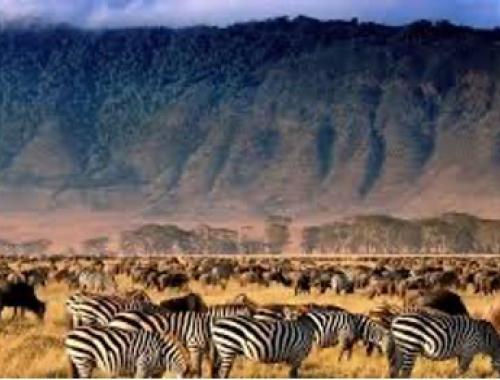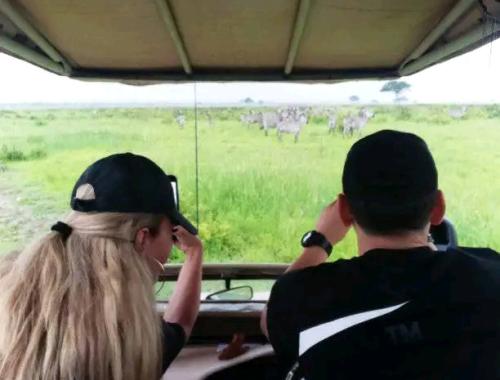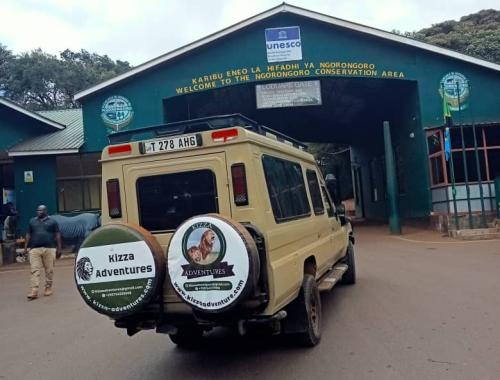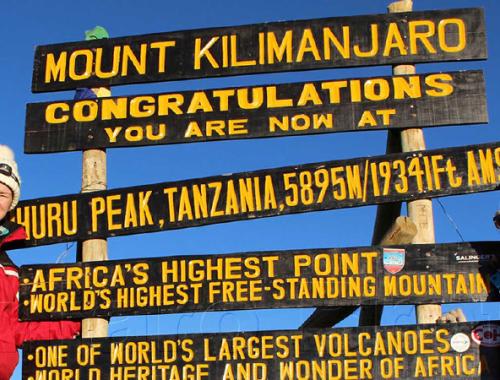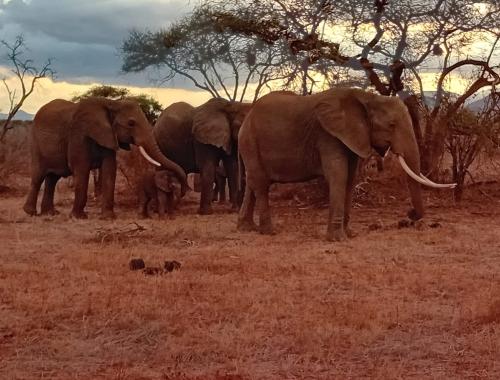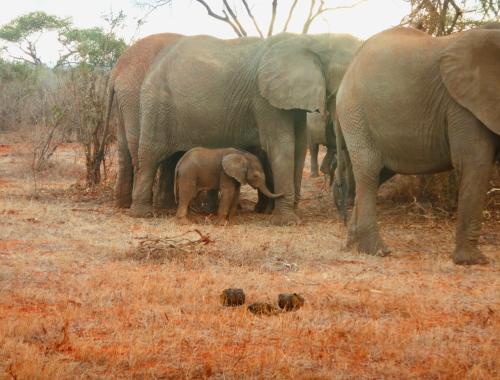Camping
Camping is one of the best ways to enjoy nature. In Tanzania’s national parks, camping lets you live close to wild animals, breathe fresh air, and sleep under the stars. It is a fun and exciting experience for people who love the outdoors.
This article explains everything you need to know about camping in Tanzania’s national parks. It includes where to go, what to expect, what to bring, and how to stay safe. It is written in simple English so that everyone can understand and enjoy it.
What is Camping?
Camping means sleeping outside in nature, usually in a tent. You may also cook food over a fire or use small cooking stoves. It is different from staying in hotels or lodges because you are closer to the environment.
In Tanzania, there are two main types of camping in national parks:
1. Public Campsites
These campsites are managed by the government or park authorities. They are simple but safe. You bring your own tent and food or come with a tour guide.
2. Special Campsites
These are more private and may have better services. You usually need to book them in advance. Sometimes, they are used by groups or tourists with private tour companies.
Why Go Camping in National Parks?
Camping in a national park is a special experience. Here are some reasons why:
-
Closer to Nature: You hear the sounds of animals at night—lions roaring, hyenas laughing, birds singing.
-
Beautiful Views: Wake up to sunrises over plains, rivers, or mountains.
-
Affordable: Camping is cheaper than hotels or luxury lodges.
-
Adventure: It feels exciting to sleep in the wild. It’s a real adventure!
-
Freedom: You move with nature and feel part of the environment.
What to Expect When Camping
Camping in Tanzanian parks is simple but beautiful. Here is what you can expect:
-
Tents: You sleep in tents, usually provided by tour guides or you bring your own.
-
Toilets and Showers: Public campsites may have basic toilets and cold-water showers. Some special camps may have better facilities.
-
Cooking: You can cook your own food or your guide may prepare it for you.
-
Fire: At night, people often sit around a campfire, sharing stories and watching the stars.
-
Safety: Park rangers and guides help keep you safe from animals.
What to Bring
Here are important things to carry when camping:
-
Tent and sleeping bag
-
Flashlight or headlamp
-
Cooking gear or prepared meals
-
Warm clothes (nights can be cold)
-
Sunscreen and hat for the day
-
Insect repellent
-
First aid kit
-
Drinking water or water purifier
-
Binoculars and camera
If you travel with a tour company, they may provide most of these items.
Best Time to Go Camping
The best time for camping in Tanzanian parks is during the dry season from June to October. During this time:
-
Roads are better for driving.
-
It’s easier to find animals near water sources.
-
There are fewer insects.
-
The weather is sunny and dry.
You can still camp in the rainy season (November to May), but it may be muddy, and animals may be harder to find.
Types of Camping Experiences
Different kinds of camping offer different experiences. Here are some types:
1. Budget Camping
Simple and cheap. You bring your own tent and cook your own food. Good for backpackers and students.
2. Guided Camping Safaris
A tour company organizes everything for you—tent, food, guide, and transport. Very popular and easy for visitors.
3. Fly Camps
Temporary camps set up deep in the bush. They offer comfort and are used for walking safaris.
4. Luxury Tented Camps
These are like hotels inside tents. You have a bed, bathroom, and even electricity. These are expensive but very comfortable.
What You Will See While Camping
Camping in a park gives you a front-row seat to nature. You can see:
-
Animals like lions, elephants, giraffes, buffaloes, and antelopes walking near your camp.
-
Birds flying above or singing in the morning.
-
Sunrise and Sunset—beautiful colors over the sky.
-
Stars—the night sky is very clear in the wild, perfect for stargazing.
Camping with Kids or Families
Camping can be a great family activity. Kids learn about nature, animals, and outdoor living. Many campsites are safe for families, and tour guides help make sure everyone has fun and stays safe.
Safety Tips for Camping in the Wild
Camping in the wild is fun, but safety is very important. Follow these rules:
-
Always camp in approved areas.
-
Listen to your guide or ranger.
-
Do not walk alone, especially at night.
-
Keep food sealed to avoid attracting animals.
-
Use flashlights at night to see where you are going.
-
Do not feed animals or get too close to them.
-
Stay calm and quiet if an animal is nearby.
Guides are trained to handle emergencies and will protect you.
Camping and Conservation
Camping helps support conservation. When you pay to camp in parks, your money helps protect wildlife and nature. It also supports local communities that work as guides, cooks, or rangers.
Camping teaches people to love nature and protect it. When people enjoy the outdoors, they are more likely to help save it.
Tips to Make Camping More Enjoyable
-
Wake up early to see animals and sunrise.
-
Bring books or games to enjoy in the evening.
-
Talk to your guide and ask questions about animals and plants.
-
Write in a journal to remember your trip.
-
Be patient—animals move on their own time.
Eco-Friendly Camping
When camping, always take care of the environment:
-
Don’t leave trash behind.
-
Use eco-friendly soap and cleaning products.
-
Don’t cut trees or disturb plants.
-
Use toilets properly or follow park rules for waste.
“Leave only footprints, take only memories.”
Camping in national parks is a magical experience. It connects you to the land, animals, and sky. Whether you are a first-time camper or an experienced traveler, you will find joy in sleeping under the stars and waking up to the sounds of nature. Camping is more than just a place to sleep—it is a way to experience Africa’s wild beauty with your own eyes, ears, and heart.

